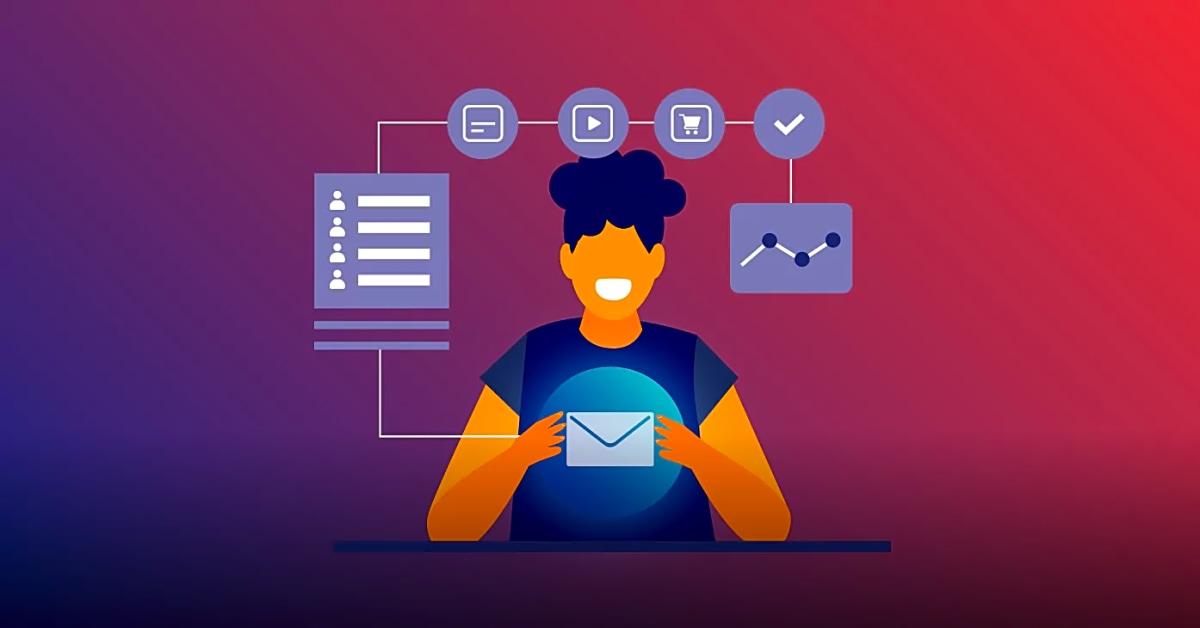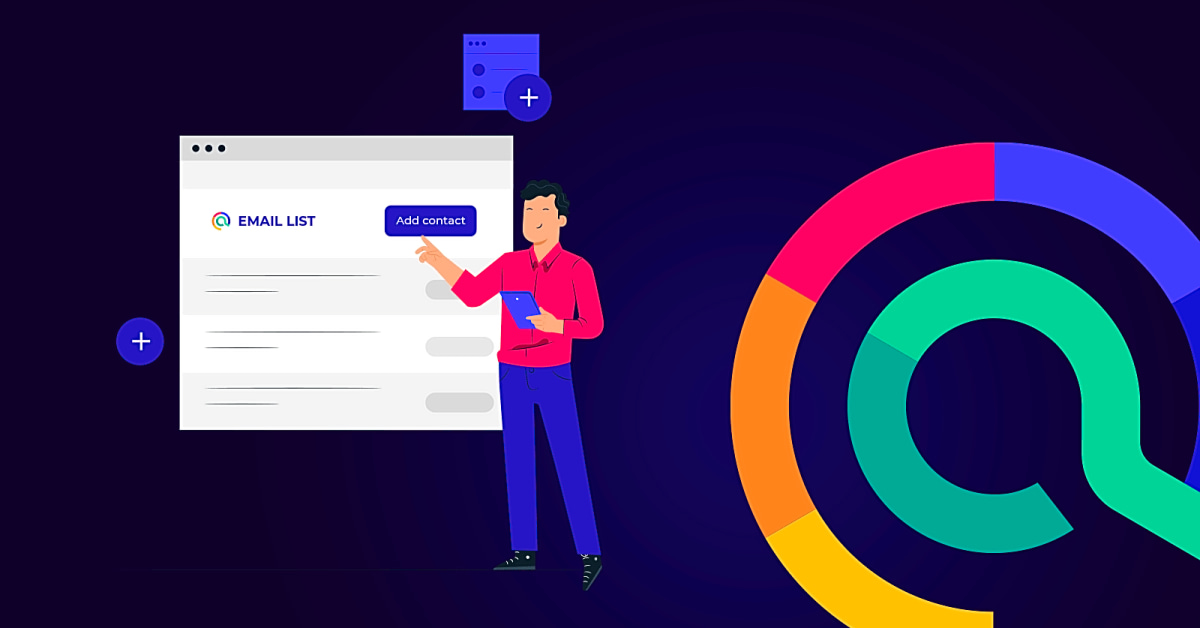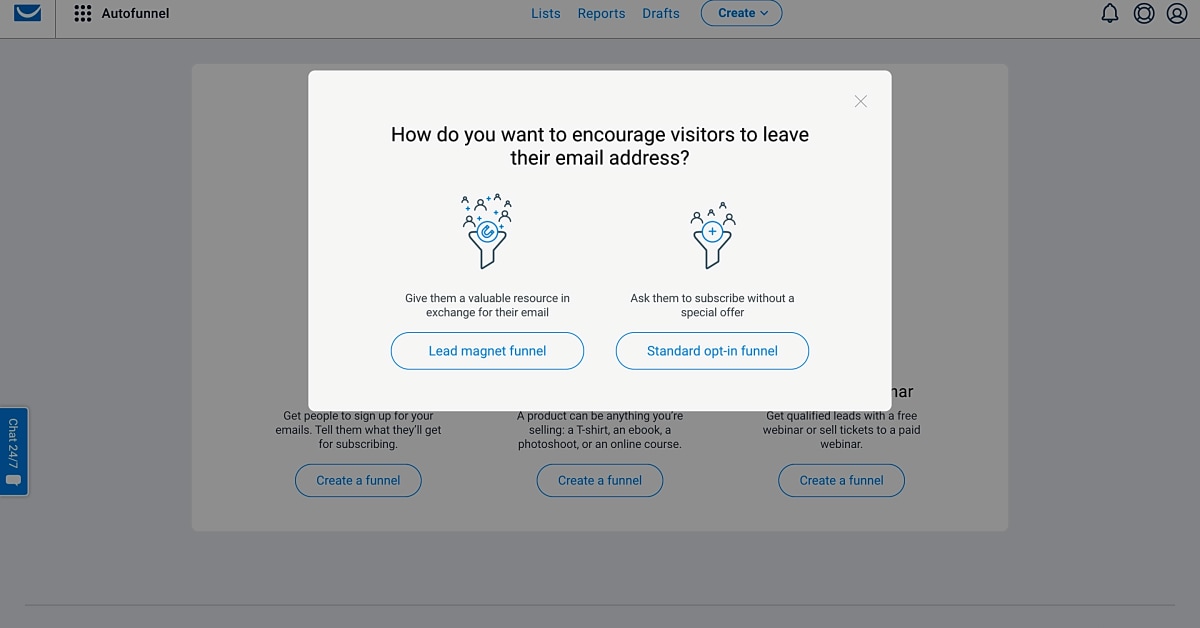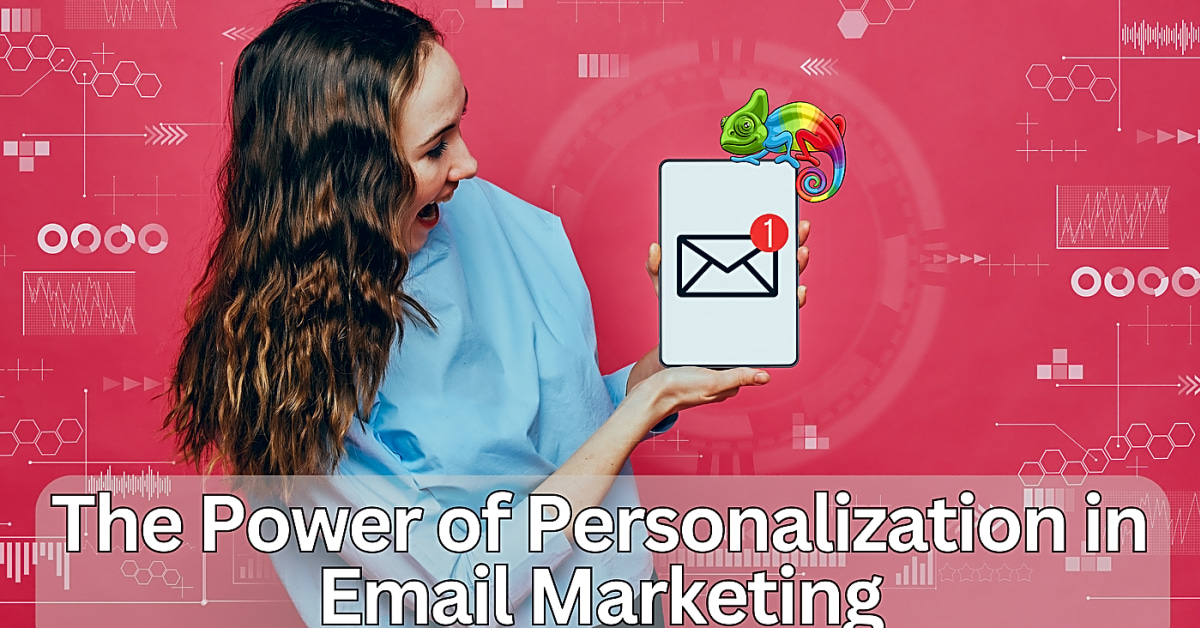In today’s digital age, email marketing has become an essential tool for businesses to connect with their customers. With the rise of social media and other forms of digital communication, some may argue that email marketing has taken a backseat. However, what many fail to realize is the power of personalization in email marketing. In this article, we will delve into the importance of personalization in email marketing and how it can greatly impact your email campaigns. Whether you are a small business owner or a marketing professional, understanding the role of personalization in email marketing is crucial for success. So, let’s dive into the world of email marketing and explore the endless possibilities that personalization brings to the table.Personalization in email marketing has become an essential strategy for businesses looking to stand out and see results in today’s competitive market. It involves tailoring emails to specific individuals based on their interests, behavior, and preferences. This can include using their name in the subject line, segmenting your email list, or even sending personalized product recommendations based on their previous purchases. By doing so, you are creating a more personalized and relevant experience for your subscribers, leading to higher engagement and conversions.But why is personalization in email marketing so important? Simply put, it helps businesses connect with their customers on a deeper level. Generic emails are easily ignored in a crowded inbox, but personalized emails grab attention and show that the business is paying attention to the customer’s interests. This can increase brand awareness and build a stronger relationship with subscribers.Segmenting your email list is a crucial aspect of personalization. By dividing your subscribers into smaller groups based on their demographics, interests, or behavior, you can send more targeted and relevant content. This not only increases engagement but also ensures that subscribers are receiving information that is valuable to them. For example, an online bookstore could segment their email list into different genres such as fiction, non-fiction, and mystery. Then, they can send out tailored emails promoting new releases or discounts for each specific genre.Personalization also extends beyond just using someone’s name or sending targeted content. Businesses can also utilize data from previous purchases or browsing history to personalize product recommendations. This not only shows that the business knows what the customer is interested in but also makes it easier for them to make a purchase decision. For instance, a beauty retailer could send out an email with recommended products based on a customer’s previous purchases or searches on their website.Implementing personalization in email marketing can yield significant benefits for businesses. It can increase website traffic as personalized emails are more likely to be opened and clicked on. This can also result in higher conversion rates as subscribers are more likely to make a purchase when presented with personalized recommendations. In fact, a study by Accenture found that 91% of consumers are more likely to shop with brands that provide relevant offers and recommendations.In conclusion, personalization in email marketing is a powerful tool for businesses looking to succeed in their email campaigns. By creating a more personalized and relevant experience for subscribers, businesses can increase brand awareness, drive website traffic, and boost sales. With the right strategies and techniques, personalization can help businesses stand out in a crowded inbox and build stronger relationships with their customers.
Why Personalization Makes Sense
Personalization can significantly impact the success of your email marketing campaigns. In fact, studies have shown that personalized emails have higher open rates and click-through rates compared to generic emails. This is because people are more likely to engage with content that is tailored to their interests and needs.
Challenges and Considerations
While personalization can be highly effective, it’s important to note that it also comes with its own set of challenges. One common issue is collecting and managing customer data. Make sure to obtain consent from your subscribers and keep their information secure. Additionally, be careful not to overdo personalization and risk coming across as too intrusive or creepy. Always keep your audience in mind and ensure that your personalization efforts are adding value to their experience.
Implementing Personalization in Your Email Marketing
One effective method of personalizing your email marketing is by segmenting your email list based on demographics, interests, or behavior. This allows you to send targeted emails to specific groups of subscribers, increasing the chances of engagement and conversions.
Another way to personalize your emails is by using dynamic content. This means displaying different content based on the subscriber’s information, such as their location or past purchases. By tailoring the content to their specific interests and needs, you can make your emails more relevant and appealing to them.
In today’s digital age, customers expect personalized experiences from businesses. By implementing personalization in your email marketing, you are not only meeting these expectations but also increasing the chances of success for your online business. Remember to always keep your audience in mind and continuously analyze and optimize your efforts for the best results.



